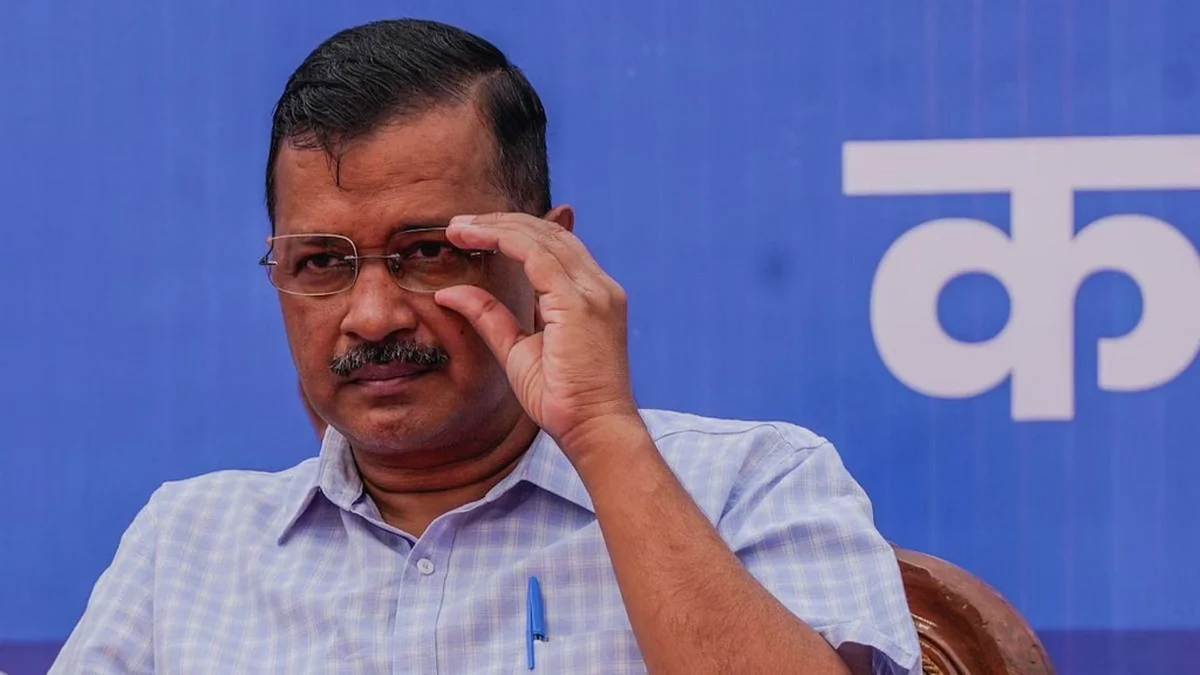
Riding on Victories in Haryana and Maharashtra, Can BJP Win Delhi 2025?
While AAP would like to make it a presidential-style contest, state elections this year have been hyper-local.

advertisement
After stupendous victories in Haryana and Maharashtra, where the BJP was fighting with its back against the wall, the party hopes to turn around its fortunes in Delhi and defeat former CM Arvind Kejriwal in his stronghold. The Delhi assembly's term expires on 23 February 2025.
Arvind Kejriwal, after his arrest in an alleged liquor scam and subsequent release, hopes to win a record third term riding on a sympathy wave and pro-incumbency vote.
Other states also exhibit a similar pattern but the extent of split voting is not visible elsewhere. In the Lok Sabha elections of 2014 and 2019, Delhi gave a clear 7-0 mandate to the BJP, while in the Vidhan Sabha elections held within a year in 2015 and 2020, Delhi voters gave a thumping majority to AAP, with the BJP unable to win seats in double digits.
Continuing with the trend, the BJP swept all seven seats in the 2024 Lok Sabha polls despite Arvind Kejriwal’s release from jail before the polling day. AAP, which fought the elections in alliance with the Congress party, failed to cash in on any sympathy and couldn’t win a single seat.
In terms of assembly leads, the BJP was leading in 52, while the INDIA bloc was leading in 18 (AAP 10, Congress 8).
Factors Working for BJP
The victory in Maharashtra is a morale booster for the cadre and state leadership of the Delhi BJP, just like the victory in Haryana. Any ten-year tenure creates natural anti-incumbency against the state government, and the AAP sarkar led by Arvind Kejriwal is no different.
Many MLAs are in their second or third term, creating a double anti-incumbency of sorts. The free bijli/paani may have also run its course.
After setbacks in June, the BJP has shown that it does know how to manage hyper-local contests as exhibited in Haryana and Maharashtra.
The RSS and the BJP have patched up after the general elections debacle and the Sangh's cadre has worked tirelessly in Haryana and Maharashtra, holding thousands of meetings seeking votes for the party. It has specifically worked on wooing back a section of SC-ST and lower OBC voters, who had switched to the INDIA bloc during the general elections, partly due to the "change of Constitution" and "end of reservations" narrative.
Factors Woking Against BJP
The BJP unit in Delhi is one of the weakest in India and lacks the punch to take advantage of the natural anti-incumbency against AAP and the momentum generated after the party's victories in Haryana and Maharashtra.
It is heavily dependent on Prime Minister Narendra Modi and Home Minister Amit Amit Shah for strategising and campaigning. It doesn't have a leader of high stature to match Kejriwal. It has tried many faces like Manoj Tiwari (Purvanchali), Adesh Gupta (Baniya) and Virendra Sachdeva (Punjabi Khatri), but none have been able to create an impact.
At a time when PM Modi has, perhaps strategically, taken a backseat in campaigning, leaving it to the state leadership to take the lead, the Delhi unit requires him to campaign aggressively to match Kejriwal and neutralise his impact, unless the BJP wants to risk a very local contest, i.e., seat by seat.
He has taken a firm stance in defence of AAP’s welfare initiatives, dismissing earlier criticism by PM Modi and the BJP. Kejriwal has openly accepted that his political campaign revolves around providing what the BJP has called muft ki revdi, asserting that these measures are essential for the people.
He has launched the campaign Revdi Par Charcha (discussion on freebies), criticising the BJP for not implementing such schemes in their states and that it has no plans to do so in Delhi either. Kejriwal claimed that if the BJP came to power in Delhi, it would stop all the welfare schemes introduced by AAP while launching the six revadis for the 2025 state elections.
AAP also looks better prepared as it has already named 11 candidates.
(Amitabh Tiwari is an independent political commentator and can be reached at @politicalbaaba on X [formerly Twitter]. This is an opinion piece and the views expressed above are the author’s own. The Quint neither endorses nor is responsible for the same.)
- Access to all paywalled content on site
- Ad-free experience across The Quint
- Early previews of our Special Projects
Published: undefined